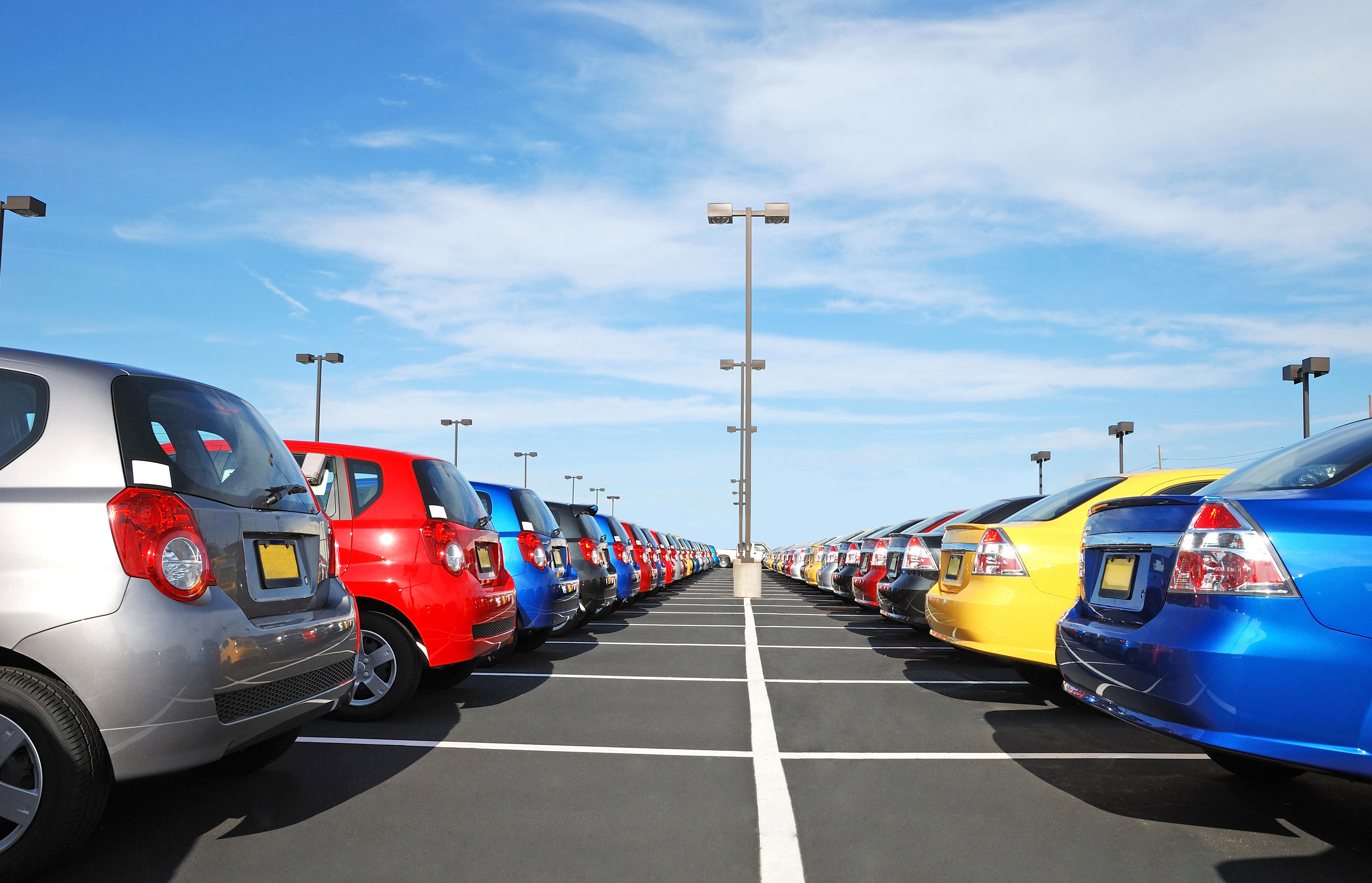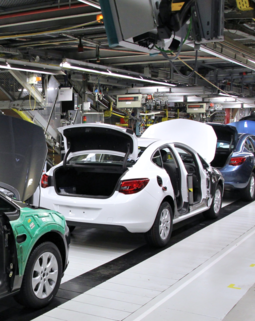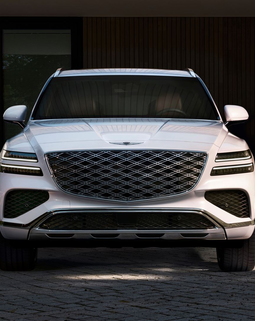The last decade has seen the kingdom manifest itself as a pacesetter of the automotive industry mainly due to its endowment in expertise and their geopolitical position. The kingdom’s remarkable growth amongst top car manufacturers has significantly attracted international investors to invest in the Morocco. This development is speculated to spread to the European and African markets.
In the wake of 2018, BMI expects Morocco to be the largest automotive market and this strategy seems to be bearing fruits already. The trend resulting to positive macroeconomic essentials and increment of cheap locally-produced vehicles.
By the end of 2017, sales for new vehicles in Morocco were expected to reach 169,298 units while Egypt was anticipated to have 152,552 units. The BMI speculation of vehicle sales in Morocco of 249, 029 units by 2021 also compared to Egypt’s 170,864 units.
Sale of passenger cars was forecasted to grow at 8.9% annually between 201-2021 which was supposed to make it the leading sector growing at 9.1% rate each year through out. Commercial cars would then come second with an annual rate of 5.9% says BMI.
The progress of the auto industry in Morocco and vibrant macroeconomic fundamentals support BMI’s bullish outlook.
Demand for vehicles by the private sectors is a primary indicator of the probable demand for new vehicles. BMI expects the consumption to grow by 3.6% annually over the same period. The growth rate is expected to remain constant for BMI braced by a strong economic growth and payment inflows which boost revenues from households.
In addition, the kingdom also abolished taxes on vehicles imported from Europe in addition to availability of cheaper locally made models which will play a primary role to support local market growth.
The fall of the Egyptian automotive empire
For BMI, the fate of the Egyptian automotive industry was crippled by the hard-economic times. Social and political tension, high inflation and interest rates and removal of subsidies on fuel sparked the difficulty and difficulties in consumer expenditure. These consequently stalled new vehicle sales and BMI speculates this fall to reach 24.2% in 2017.
According to BMI, the economic and political turbulence will result to weaker growth in the purchase of new vehicles in Egypt as compared to Morocco.
The research firms also established that the growth will create a better market opportunity for French companies like Groupe PSA and Renault in Morocco. It will also continuously enhance the country’s market attractiveness which might accelerate development of a domestic vehicle manufacturing.
The firm expects international automotive manufacturers to exit Egypt for Morocco which will include General Motor Co (GM), Hyundai and BMW. These are expected to export vehicles to Morocco to back their sales volumes since the Egyptian market remains under stress.





